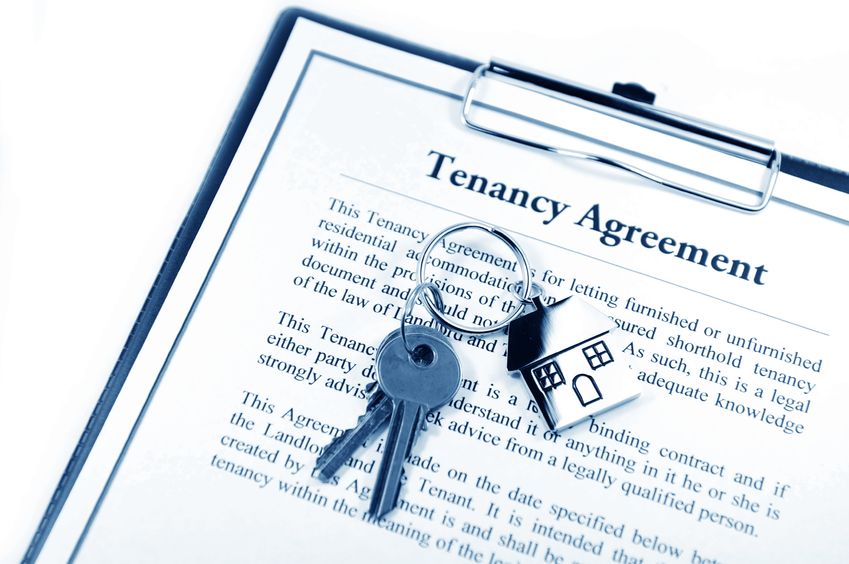
You’ve taken the necessary steps to discourage tenants from paying rent late, yet it still happens. Landlords are then tasked with the challenge of figuring out the best, most pragmatic response to pursue.
There are many reasons why tenants fail to pay rent. Landlords should not assume the worst, though. Sometimes there are justifiable and rational reasons why tenants pay late, and discovering these reasons, at the outset, can save landlords both time and money.
For example, perhaps the tenant simply forgot to pay their rent. Maybe they don’t have automatic bank transfers set up, and, due to some unfortunate personal event – such as an untimely death in the family, they forgot to pay their rent. This is by no means unlikely.
Keeping a measured response
That’s why landlords should respond in a measured way. There have even been cases where landlords forgot that tenants had already paid their rent. Rushing for the attorney, then, isn’t always the best and most rational response.
However, often the cause isn’t accidental.
Be sure to check the lease in either case, though. Lease agreements invariably contain a grace period for late payments – usually between three and five days. Sometimes the lease agreement specifies a late charge. Keep these charges in mind, too.
Contact the offending tenant. Let them know that rent has not been paid and that, if they fail to pay within a certain, defined timeframe, the lease agreement will be terminated. Keep evidence of this notice, as it can prove useful if the case goes to court.
Around the same time, either before or just after the late rental notice, contact the offending tenant by phone. However, avoid phoning the tenant innumerable times, as this could constitute harassment. This is one accusation that landlords definitely want to avoid.
Taking the next steps
In an ideal world, landlords want the issue resolved at this point. In some cases, though, it often only proves to be the start.
Remember – landlords cannot act as they please. Just because a tenant has continuously failed to pay their rent, landlords remain forbidden from entering the property, removing the tenant or removing property belonging to that tenant.
Tenants have rights, too; rights spelled out in the lease agreement.
The next phase involves drafting a preliminary eviction notice. This notice informs the tenant that you, the landlord, intend to pursue their eviction. It also documents the total dues you’re entitled to receive, and the date by which these dues should be paid.
Ideally, this document should be delivered to the tenant in person. It’s not uncommon for this eviction notice to be drafted by an attorney, someone who understands the local, state and federal legislation that applies to your specific case.
Tenants who still fail to pay their rent (and associated fees), legal routes must be pursued. This can take weeks or even months. While the process remains long and arduous, landlords should stay measured and not act unreasonably in this timeframe.
That’s why quality tenant selection is so important. True – the process is time-consuming and laborious, but it serves as a firewall against unscrupulous tenants. If you’d like to learn more about our tenant selection services in Las Vegas, check out this page for more information.